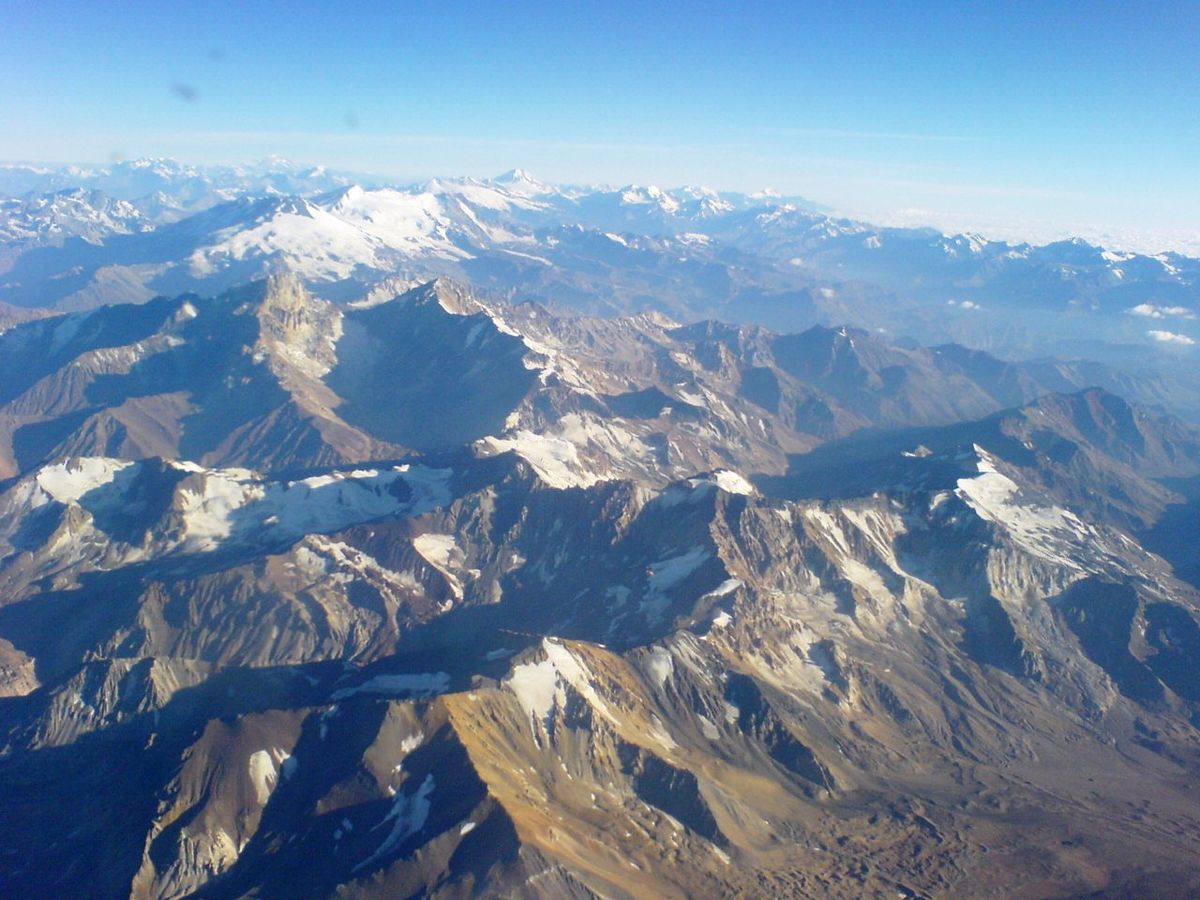No mountain is "too high" for Ajeet Bajaj

- Country:
- India
Garbage has reached the top of the world.
By top of the world, Ajeet Bajaj, the first Indian to complete the polar trilogy which entails skiing to the North Pole, South Pole and across the Greenland icecap, meant Mount Everest.
That the Everest has turned into a pile of abandoned tents and human waste is well-documented. But what is not, is his suggestion to take a cue from an US government initiative to keep its mountains clean.
''During my expedition to Mount Denali, I was amazed by how the US government has something in place called 'Clean Climbing'. A climber must ensure that he or she collects all the trash before completing his summit,'' Ajeet told PTI during an interview.
''One gets to see a completely different picture when it comes to Mount Everest where the biggest problem is nothing but human waste. Every year, tonnes of trashes are cleared by the Nepal government.
''This points to the fact that mindsets play a huge role in caring for the environment. Be it Mount Denali or Mount Everest, we must make mountains trash-free,'' he added. Ajeet and his daughter Deeya Bajaj became the first-ever father-daughter duo to complete the Explorer's Grand Slam, when they scaled the seven highest mountains in the seven continents.
''It all began when I was just a 12-year-old boy. While the passion for mountains was there since I was a kid, it was my father who rekindled that passion. ''I climbed the 17,353-foot-high (5,289 m) Friendship Peak near Kullu in Kullu district in Himachal Pradesh and the mountains have kept calling ever since,'' narrated mountaineer Ajeet, who also runs an adventure-tourism firm in India. Framed photos from his past and recent summits adorns his office walls.
''Just after I finished my college education, I took mountains very seriously. And, not only mountains, I soon became hooked to kayaking and whitewater rafting as well. Soon the passion turned into a hobby and from there a profession,'' recounted Ajeet, who, apart from being a mountaineer, also represented India in whitewater rafting in international events in his youth. Joining him in these adventurous and often treacherous seven summits is his 28-year-old daughter, Deeya, who is currently pursuing her higher studies in the United States. The father-daughter duo, so far, has summited Mt Everest in Asia, Mt Aconcagua in South America, Mt Denali in North America, Kilimanjaro in Africa, Mt Elbrus in Europe, Mt Vinson in Antarctica, and Mt Kosciuszko in Australia.
Deeya's tale, just like her father, is amazing. In her teens, Deeya accompanied her father in completing the polar trilogy.
''Deeya's love and passion for the mountains, even at that age, pushed me to achieve more. She was in her early teens when we summited the North and South Pole respectively,'' said Ajeet, who also summited Mt Kilimanjaro twice.
''Both my daughters, Deeya and Meghna, inspire me so much and help me plan for more when it comes to scaling some of the most dangerous mountain peaks on earth. I am a proud father of both of them, and, most importantly, they have taught me, that women are capable of extraordinary things in life,'' Ajeet said.
Then in 2008 and 2012, came the expeditions to the 7,310 feet high Mount Kosciuszko and the 18,500 feet high Mount Elbrus in Australia and Russia respectively.
''While Mount Kosciuszko was a relatively easier summit for both of us, Mount Elbrus was a different ball game altogether. Being Europe's highest mountain, climbing Elbrus in 2012 was somewhat challenging, given its altitude and we really had to train hard to accomplish what we aimed for,'' he added.
Six years later, in 2018, came the summit of Mt Everest, the world's highest mountain.
''The summit to Mt Everest at 29,031.7 feet has to be the biggest accomplishment of any mountaineer's life and so it was for us. Years of meticulous planning and backbreaking training took us there and we will never forget the one-of-a-kind and pristine view that mother nature offered to us.
''It crossed our mind instantly that mother nature is supreme, and we should never take her for granted,'' said Ajeet, who is also a climate change activist.
According to Ajeet, one has to be immensely lucky to go to the top of these mountains and return home safely.
''During our expedition to Mt Denali, which is the highest mountain in North America, we were completely cut off from our family members back home in India, notwithstanding we had satellite phones with us all along. ''The weather was absolutely treacherous, with the temperature hitting below -30 degrees Celsius almost all the time. The summit to Denali was the most challenging after Mt Everest,'' he said.
''It took us almost a couple of days to reach out to our family members who were sitting super tensed in India. I must add that I feel immensely lucky, at times, when I reflect on my expeditions to these seven summits.'' Ajeet, however, added that not for once there were any objections from any of his family members, including his wife, who is a journalist-turned-river rafter expert and a mountain enthusiast as well.
''I have got the biggest support from each of my family members, especially my wife, who never raised any objections whenever my daughter decided to accompany me to these summits.'' While Ajeet is ambitious about summiting some more difficult peaks in the future, for now, he wants to relish his historic feat. ''I have some big plans but, right now, I want to cool off for a few months. Completing the seven summits is the biggest achievement of my life and I have even started considering seven as my lucky number,'' he signed off.
(This story has not been edited by Devdiscourse staff and is auto-generated from a syndicated feed.)










